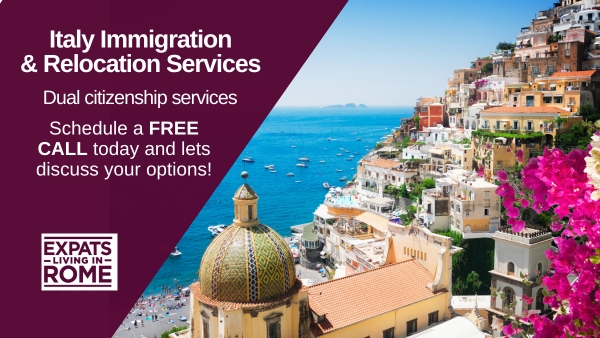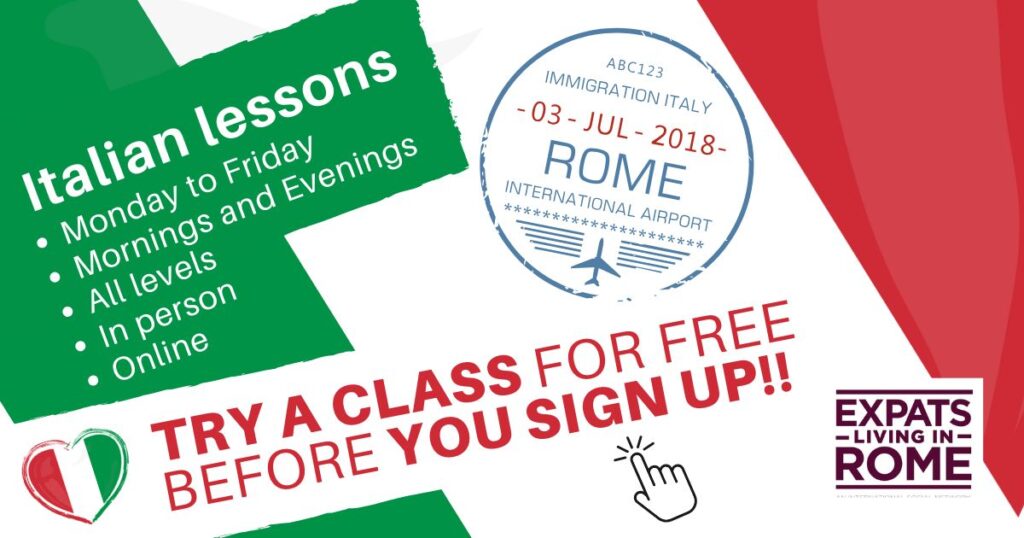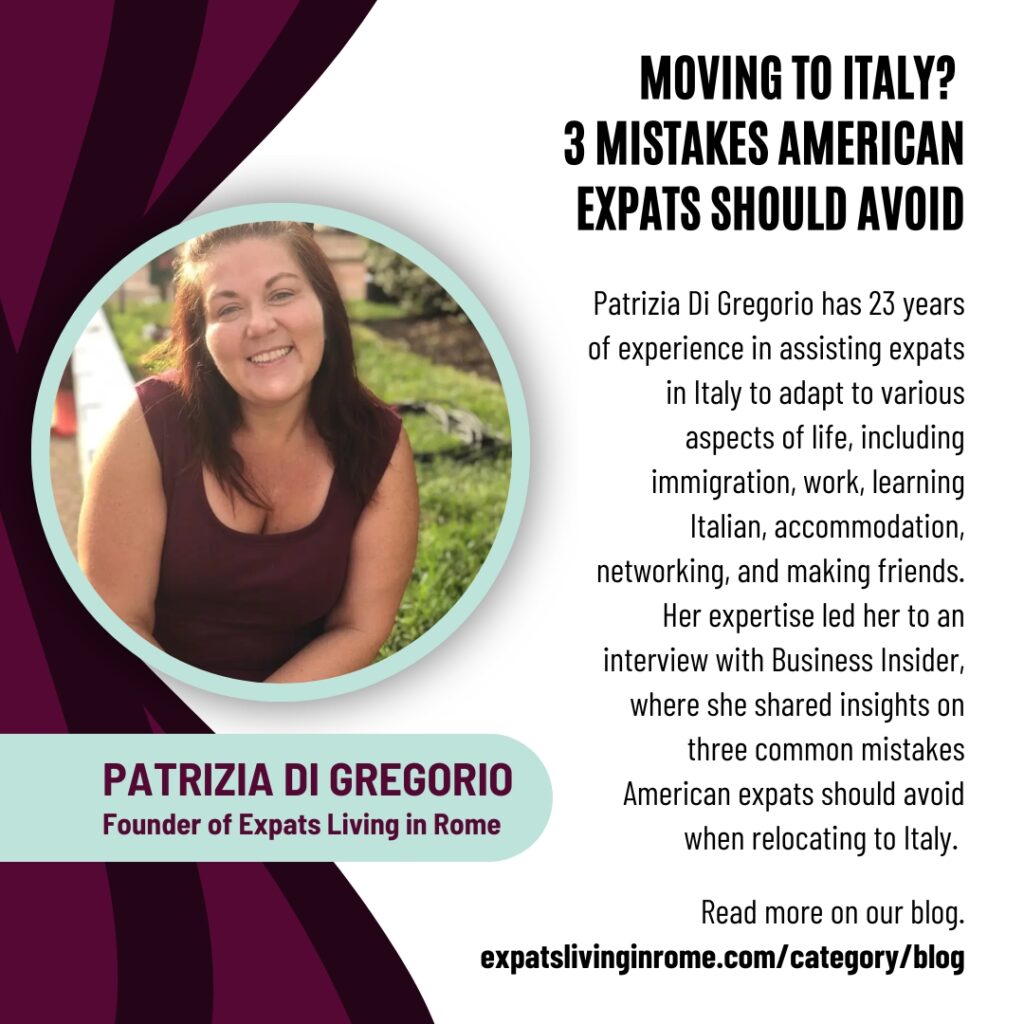Understanding the Italian Education System
by Adriana ruiz
Planning a move to Italy with your family? One of the key areas you’ll need to navigate is the education system. Whether you’ve just arrived or are preparing for a longer stay, understanding how the Italian school system functions is crucial for your family’s educational success. Here’s what you need to know.
Structure of the Italian Education System
The Italian education system is overseen by the Ministry of Education and Merit and the Ministry of University and Research. It is largely public, though private and semi-private (paritarie) institutions also exist. The system is divided into several levels, with schooling mandatory from ages 6 to 16.
Early Childhood Education
• Nido d’infanzia (Nursery School): For children aged 3 months to 3 years, attendance is optional. These institutions focus on socialization, play, and early cognitive development.
• Sezione Primavera (Spring Section): An experimental, optional program for children aged 2 to 3. It’s a bridge between nursery school and kindergarten.
• Scuola dell’infanzia (Kindergarten): Open to children aged 3 to 6, this is not mandatory but widely attended. It emphasizes play-based learning, creativity, and early social skills development.
Primary and Lower Secondary Education (Compulsory)
• Scuola Primaria (Primary School): Formerly known as “elementare,” this stage is for children aged 6 to 11. It lasts five years and covers core subjects like Italian, mathematics, history, geography, and basic science. Children also start learning a foreign language, often English.
• Scuola Secondaria di Primo Grado (Lower Secondary School): Commonly referred to as “scuola media,” this three-year program caters to students aged 11 to 14. It builds on primary education with more specialized subjects, including a second foreign language. Upon completion, students must pass an exam to proceed to the next educational level.
Upper Secondary Education
At 14, students choose between various paths in Scuola Secondaria di Secondo Grado (Upper Secondary School), which lasts five years and is mandatory until age 16. Each pathway culminates in a final exam, the Esame di Stato (commonly known as Maturità), necessary for university admission.
• Liceo (High School): Academically rigorous, licei prepare students for university with a focus on theoretical knowledge. Options include:
Liceo Classico (focus on Latin, Greek, and humanities)
Liceo Scientifico (emphasis on math and sciences)
Liceo Linguistico (specializing in foreign languages)
Liceo Artistico (focused on the arts)
Liceo delle Scienze Umane (social sciences and pedagogy)
Liceo Musicale e Coreutico (music and dance)
• Istituti Tecnici (Technical Institutes): These schools blend theoretical education with technical skills, covering areas like technology, economics, and administration.
• Istituti Professionali (Vocational Institutes): Focused on practical skills for specific trades, these programs often include internships and hands-on training. After three years, students can obtain a professional qualification, or continue for two more years to achieve a diploma.
Higher Education
Italy boasts a prestigious university system, with many institutions tracing their roots back centuries. Higher education is structured in line with the Bologna Process, offering degrees at three levels:
• Laurea (Bachelor’s Degree): Typically a three-year program.
• Laurea Magistrale (Master’s Degree): A two-year postgraduate degree, or a five to six-year program if combined with the bachelor’s degree in fields like medicine or law.
• Dottorato di Ricerca (Doctorate/PhD): Usually takes three years to complete.
Some courses, like medicine, dentistry, architecture, and veterinary sciences, require passing national entrance exams due to limited enrollment spots
Special Programs and Adult Education
• Centri Provinciali per l’Istruzione degli Adulti (CPIA): Adults, including foreigners, can enroll in these centers to complete their basic education, learn Italian, or pursue vocational training.
• Alta Formazione Artistica, Musicale e Coreutica (AFAM): Specialized higher education institutions for the arts, music, and dance, parallel to universities.
Languages of Instruction
While Italian is the primary language of instruction, certain regions offer education in other languages:
• German and Ladin in the Province of Bolzano
• Slovene in Friuli-Venezia Giulia
Expats should consider language support options, as many public schools do not offer full instruction in English. However, there are international schools and bilingual programs in major cities like Rome, Milan, and Florence.
Understanding the Italian education system helps expats make informed decisions for their families. Whether you’re enrolling your child in a local school or considering university options, Italy offers a diverse range of educational opportunities. Be sure to explore both public and private options, and don’t hesitate to reach out to local communities for advice and support.

What’s On in Italy: January 2026 Events Expats Will Love
January in Italy may be quieter than the summer months, but it’s packed with culture, tradition, fashion, and great opportunities to explore without the crowds. From iconic festivals and fashion weeks to free museum days and winter food experiences, here are 12 events happening across Italy in January 2026 that expats shouldn’t miss. 🔥 Fòcara […]
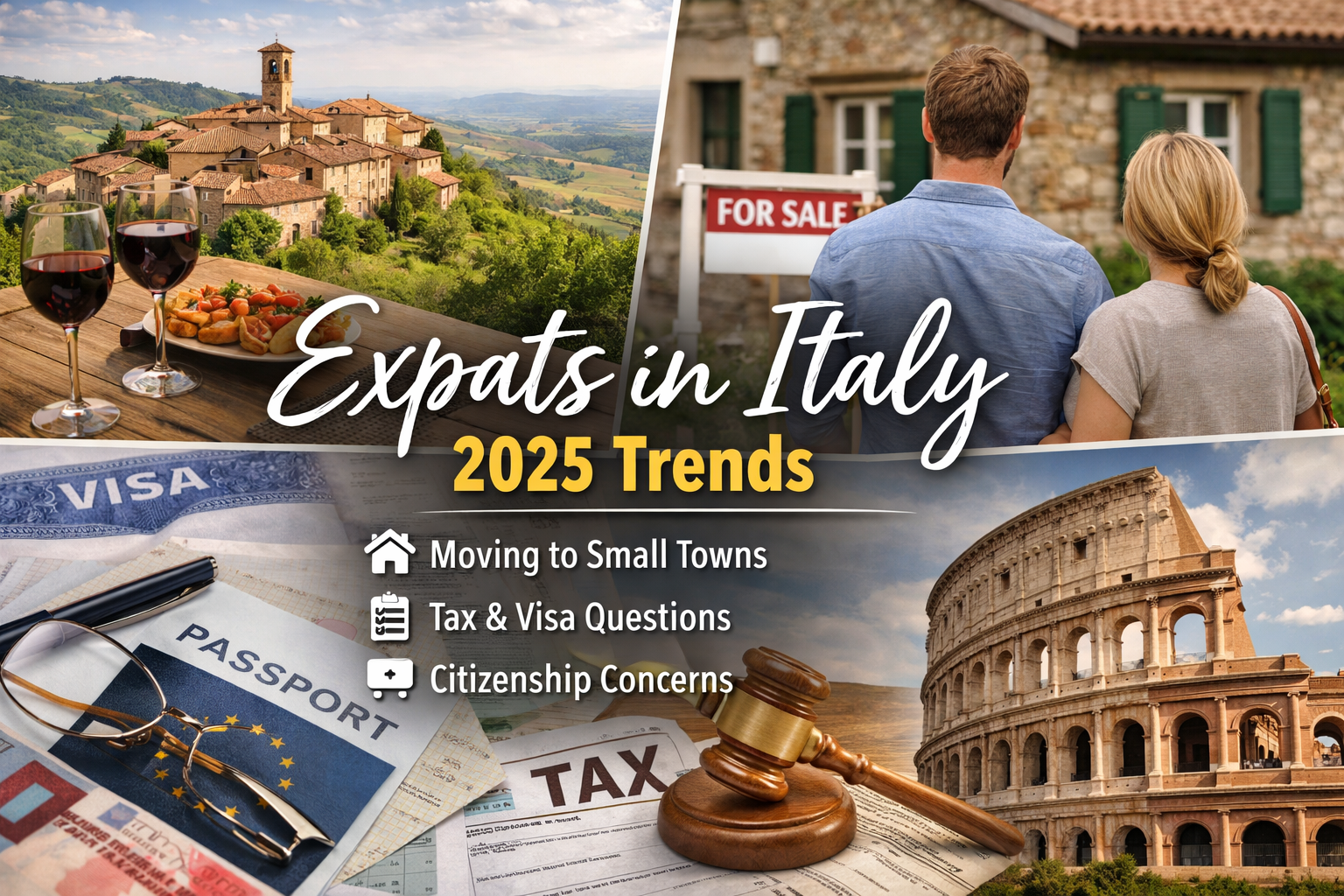
The Year Italy’s Expat Landscape Shifted
Italy’s expat community experienced notable changes in 2025. While metropolitan hubs like Rome and Milan remain magnets for international residents, the most striking trend has been the surge of expats relocating to smaller Italian towns—many with populations under 20,000. For many, this shift reflects affordability concerns, evolving lifestyle priorities, and the changing policy environment around […]

How to Navigate the Property Search and Purchase Process in Italy
Looking to buy property in Italy? We are here to help you step by step! Have you always dreamed of owning a home in Italy—whether it’s a charming countryside farmhouse, a coastal villa, or a cozy apartment in a historic town? We’re here to help turn that dream into reality. Buying real estate in […]
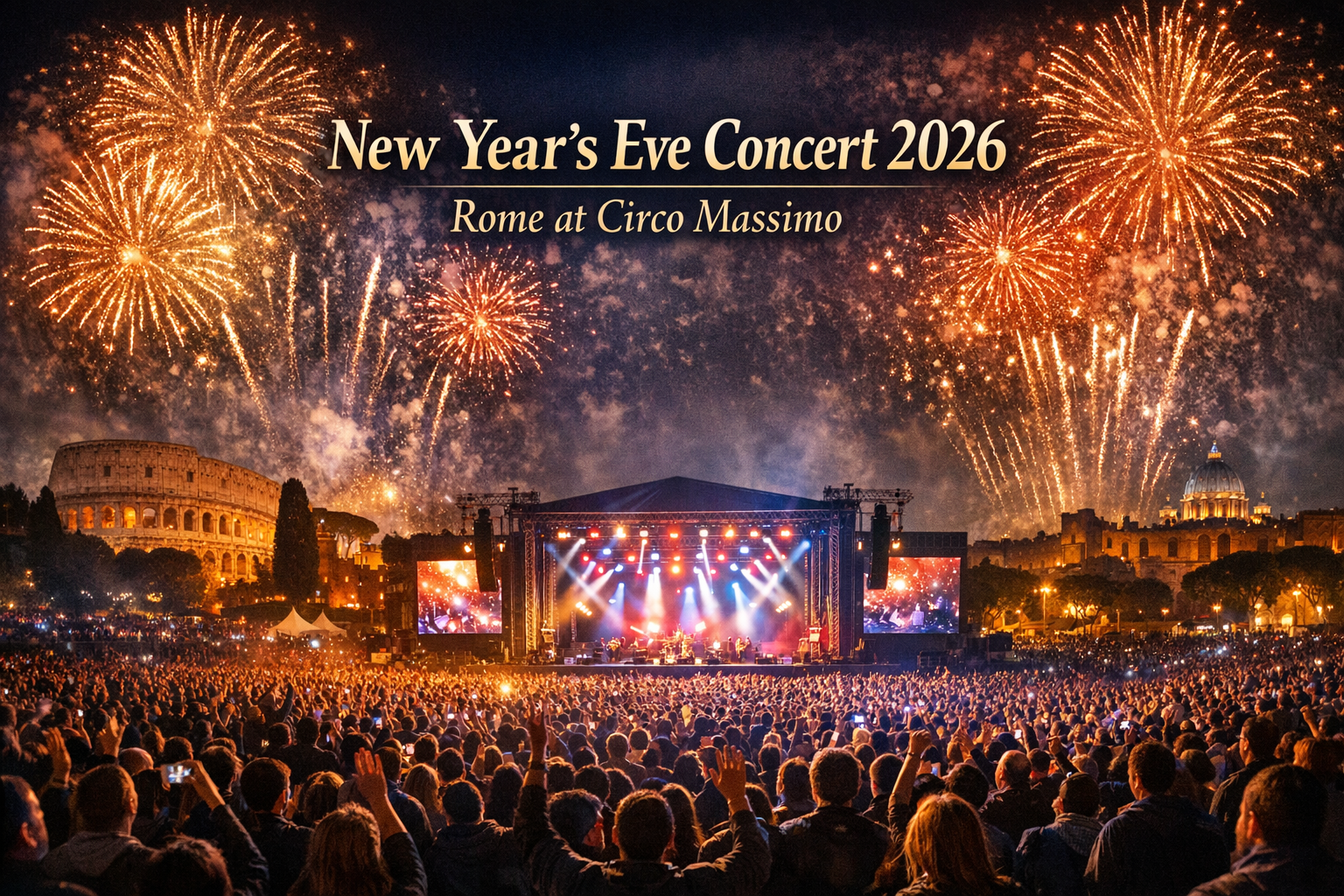
New Year’s Eve Free Concert 2026 in Rome at Circo Massimo
Rome is getting ready to welcome 2026 with an unforgettable night of music, energy, and spectacle. With the support of RDS 100% Grandi Successi, Roma Capitale has officially announced the highly anticipated New Year’s Eve Concert 2026, taking place on December 31st starting at 9:00 PM in the iconic setting of Circo Massimo, one of […]
What’s Quietly Changing in Italy (and What You Should Check)
Italy did not overhaul immigration overnight—but several updates have shifted how things work behind the scenes. Some affect people already living here, others impact those applying from abroad, and a few could catch you off guard if you rely on outdated advice. Nothing here is panic-worthy, but all of it is worth checking before a […]

Single Female Travelers in Italy: Practical, confident, and connected
Rome rewards curiosity and courage. This guide offers grounded tips, cultural insight, and community support so you can explore with confidence—day and night, solo and on your own terms. Start with confidence “Solo doesn’t mean alone.” In Rome, you’ll find friendly locals, layered history, and a vibrant expat network. A little preparation goes a long […]
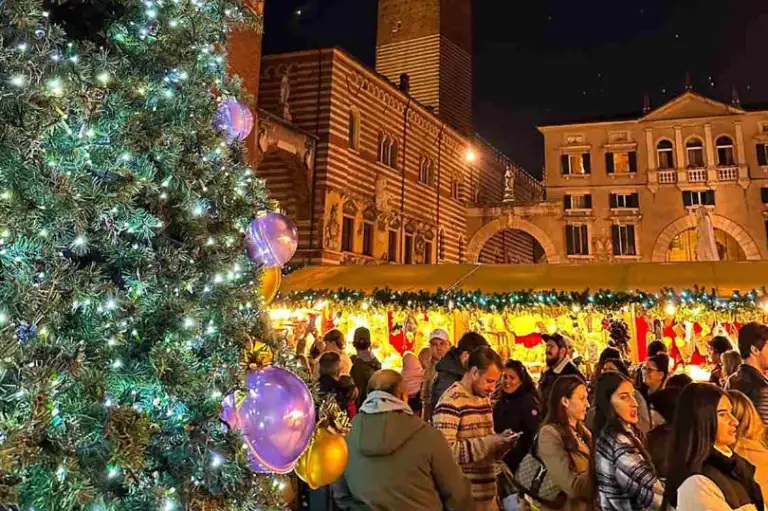
Christmas in Italy 2025: A Magical Season for Expats Across Italy
Christmas in Italy isn’t just a holiday — it’s a season full of history, flavor, celebration, and heartfelt traditions that bring families, towns, and entire regions to life. Whether you’re an expat experiencing your first Italian Christmas or a returning fan of the magic, 2025 promises some beautiful celebrations across the country. Here’s what to […]

Tax Residency Incentives in Italy — Your Guide (2025)
Italy offers several tax incentives designed to attract retirees, entrepreneurs, high-net-worth individuals and remote workers. These regimes can be extremely generous — but they are complex and often conditional. This guide explains the main options in 2025, who qualifies, and how we can help you plan a compliant move. Why Italy Offers Tax Incentives Italy […]
